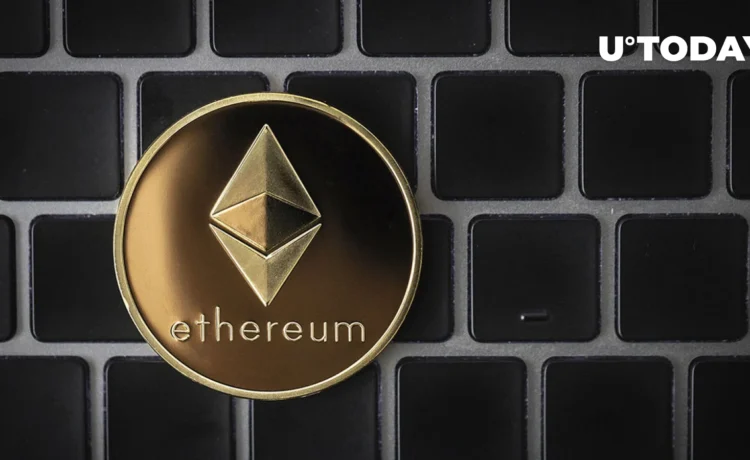The cryptocurrency market has been undergoing strong developments in recent days.However, what still matters to industry investors is the Ethereum (ETH)
Shanghai hard fork scheduled for March 2023.This update will allow the ETH held in the staking contract to be released, increasing liquidity for the leading altcoin.
One of the major bets is that this movement will make Ethereum staking more attractive.This is because people will no longer need to lock their assets for months to carry out this process.However, it is important to note that the need for 32 ETH to perform staking still exists.Therefore, staking pools are expected to grow in the coming months.
Staking pools are platforms that allow groups of investors to pool their resources to participate in a network of cryptocurrency validators using the proof-of-stake (PoS) consensus algorithm.These networks need validators to help maintain the security of the blockchain and process transactions.
By participating in the network as a validator, you can earn rewards in tokens of the corresponding cryptocurrency – in this case, Ethereum.
These networks enable people who do not have the full staking amount to enter with a lower investment and not miss out on this passive income.
Although it is a good choice for retail investors, it is of utmost importance that you opt for a secure staking pool, as in most cases, you need to give up your assets and leave them in the hands of third parties to participate.
To guide you in this path, we will point out factors that you need to take into account before choosing a staking pool and then show you which ones are standing out when it comes to Ethereum staking.
What to consider before choosing a staking pool?
First, you should pay attention to the payment history.If the platform has a habit of delaying its customers’ returns, this may be a bad sign of liquidity weakness, and it would not be a viable choice to invest your money here.With that analyzed, you should also consider the company’s security, such as whether it has a secure pool website, cares about the participants’ funds and has any protection against cyber-attacks.
Transparency should not be overlooked in your studies.It is important that the pool provides clear information about its operations, fees, payment history and other relevant details for the staking process.
Additionally, the return rate also needs to be taken into account.Although a higher interest rate may seem attractive, you need to know if the company will be able to honor the consistency of payments.
Ethereum staking platforms
Lido DAO (LDO):
Lido is the leading name in Ethereum staking today.
Its popularity comes with the benefit of offering a place where anyone could stake the altcoin without the need for minimum deposits.In addition, by depositing ETH on the Lido platform, the investor gains a token that has the same value as the deposited crypto, allowing them to participate in activities on the decentralized finance (DeFi) market.
Rocket Pool: On this platform, users can also make minimum deposits to run an Ethereum node compared to the original system’s 32 ETH.They have the possibility of benefiting from a rising exchange rate instead of reevaluating their pledged collateral, which would be a taxable event.However, it should be noted that on Rocket Pool, it is not possible to take out the deposited staking amount to use it in DeFi.
Figment: This platform has integration with the Liquid Collective, where you can deposit less than 32 ETH to start participating in the Ethereum consensus.It has a calculator where you can quantify staking opportunities, calculating how much you would earn per unit of crypto in staking.
Original source: https://crypto247.news/ethereum-eth-staking-overview-of-top-platforms/














